Project Infomation
FOUNDED in 2004, Hangers Cleaners of Kansas City, Mo., was started as an environmentally safe dry cleaner. It uses colorless, odorless liquid carbon dioxide instead of the aggressive chemicals applied at traditional dry cleaners. It has 35 employees and 2009 revenue of $1.6 million.
To survive the arrival of a huge new competitor, Procter & Gamble, which began testing a Tide dry-cleaning service in Kansas City in 2008.
- Client : Insight Studio
- Date : 20 Feb, 2018
- Skills : Project Planning
Challenge & Solution
When Joe Runyan started Hangers, he was hoping to bring a fresh approach to what he considered a stagnant industry. A first-time entrepreneur who had left a marketing career at Sprint, he had been dissatisfied with the local dry cleaners, finding dirty facilities and rude workers to be the norm.
Our Process
Then, while researching the business, he discovered that the chemicals used by most cleaners were prohibiting new entrants. Building owners refused to lease space to cleaners using perchloroethylene, or “perc,” which is now heavily regulated. “By no means was I a tree hugger,” Mr. Runyan said. “But from a business perspective, it was clear this industry had to change.”
01
Improve sales & operations & production planning
02
Determine the right inventory level
03
Optimize the supply chain for perfect order planning
04
Improve sales & operations & production planning
Result Driven
While other local dry cleaners have told him that their year-over-year revenue is flat or down as much as 25 percent, Mr. Runyan said his revenue grew 2 to 3 percent in 2009 and his profits quadrupled, largely as a result of closing the unprofitable location. (Cedit: nytimes.com)







